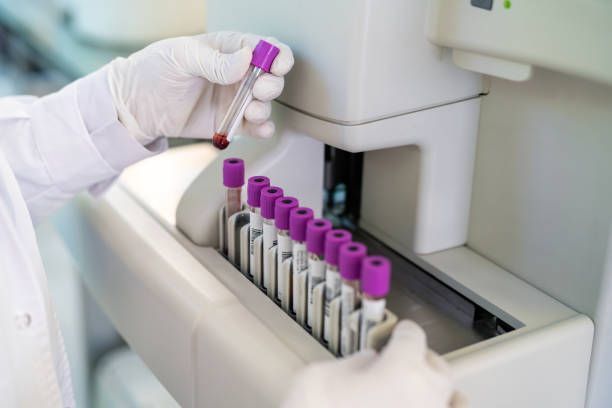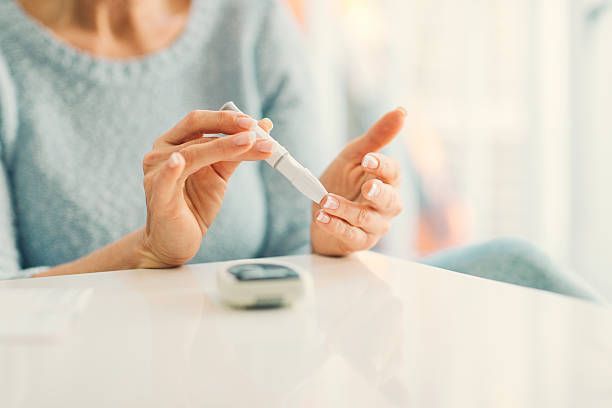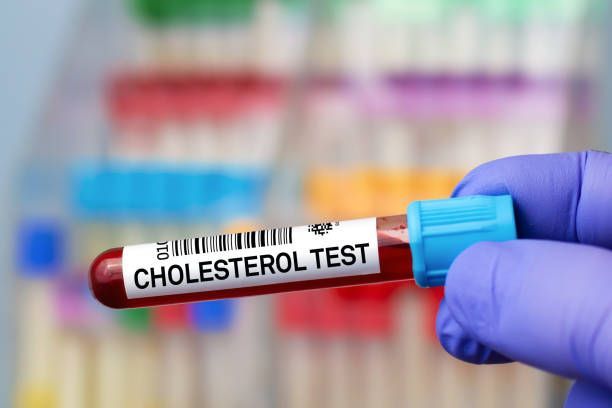Understanding Blood Work: What Urgent Care Tests Can Tell You About Your Health
Your blood holds vital clues about your health, and urgent care clinics can help you uncover them quickly. Whether you’re concerned about your cholesterol, blood sugar, or infection markers, urgent care blood work can provide insights that guide your next medical steps.
What Blood Work Can You Get at Urgent Care?
Many people think they need to visit a primary care doctor or hospital for lab tests, but urgent care clinics like Urgiclinic offer a wide range of blood work services.
Some common tests include:
- Complete Blood Count (CBC) — measures white blood cells, red blood cells, hemoglobin, and platelets to check for infection, anemia, or clotting issues.
- Basic Metabolic Panel (BMP) — checks kidney function, glucose, calcium, and electrolyte levels (WebMD).
- Lipid Panel — evaluates cholesterol and triglyceride levels, important for heart health (American Heart Association).
- Blood Glucose Test — screens for diabetes or monitors blood sugar control.
- Thyroid Function Tests — assesses if your thyroid is overactive or underactive.
- Liver Function Tests — checks for liver disease or damage.

Why Blood Work Matters
Blood tests help detect health issues before they become serious. For example, a CBC might reveal a hidden infection, or a lipid panel might show your risk for heart disease. Early detection can help you take preventive steps, adjust your lifestyle, or start treatment sooner.
How Long Do Results Take?
At urgent care, some tests (like glucose or rapid strep tests) give results in minutes. Others, like cholesterol or thyroid panels, may take 1–3 days, depending on lab processing. Many clinics provide online portals for you to check your results conveniently.
When Should You Get Blood Work?
- Annual health checks
- Before starting a new medication
- When experiencing unexplained symptoms (fatigue, weight changes, etc.)
- To monitor chronic conditions like diabetes or high cholesterol
If you’re unsure, your urgent care provider can recommend the right tests based on your symptoms and medical history.
What Can Blood Tests Reveal?
Let’s break it down:
- Infections: elevated white blood cells indicate bacterial or viral infections.
- Anemia:low red blood cells or hemoglobin suggest anemia, often caused by iron deficiency.
- Electrolyte Imbalance: abnormal sodium, potassium, or calcium levels can affect heart and muscle function.
- Kidney or Liver Issues: abnormal creatinine or liver enzymes point to potential organ stress.
- Blood Sugar Issues: high glucose indicates diabetes risk; low glucose may suggest hypoglycemia.
- Thyroid Disorders: abnormal TSH or T4 levels signal thyroid dysfunction.
Regular blood work is one of the most powerful tools for maintaining long-term health.

How Does Urgent Care Fit In?
Urgent care clinics are designed for convenience, no appointments needed, shorter wait times, and often lower costs compared to ER visits.
Whether you need a single test or a panel, urgent care can:
- Provide immediate access to lab services
- Offer same-day consultation on results
- Refer you to specialists if needed
Is It Covered by Insurance?
Most insurance plans cover medically necessary blood tests, but it’s smart to check with your provider. Some urgent care clinics also offer transparent self-pay pricing for uninsured patients.
Preparing for Blood Work
Some tests require fasting (usually 8–12 hours), such as lipid panels or fasting glucose. Always follow the clinic’s instructions beforehand.
Interpreting Results
Your urgent care provider will review your results, explain what they mean, and recommend next steps. Remember, abnormal results don’t always mean something serious — sometimes, follow-up or lifestyle adjustments are all that’s needed.
Common Myths About Blood Work
Myth: You need to be sick to get blood work.
ruth: Preventive blood tests are key to staying healthy.
Myth: Blood work is always expensive.
Truth: Urgent care offers affordable options, especially with insurance.
Myth: Results take forever.
Truth: Many urgent care tests return results quickly.
When Should You Re-Test?
If your results show borderline or abnormal levels, your provider may recommend re-testing in a few weeks or months to monitor trends.
Get Your Blood Work Today
If you’re curious about your health or need routine blood work, don’t wait. Walk in today at UrgiClinic, no appointment necessary. Our professional team is ready to help you understand your results and guide you toward better health.













